
Research projects
We support two types of projects: projects aimed at generating data for the expansion of the database, and projects that focus on research into tumor types and genetic characteristics to improve the (targeted) treatment of patients. We always work closely with relevant expert stakeholders and research partners to achieve the maximum synergy between expertise and interests.
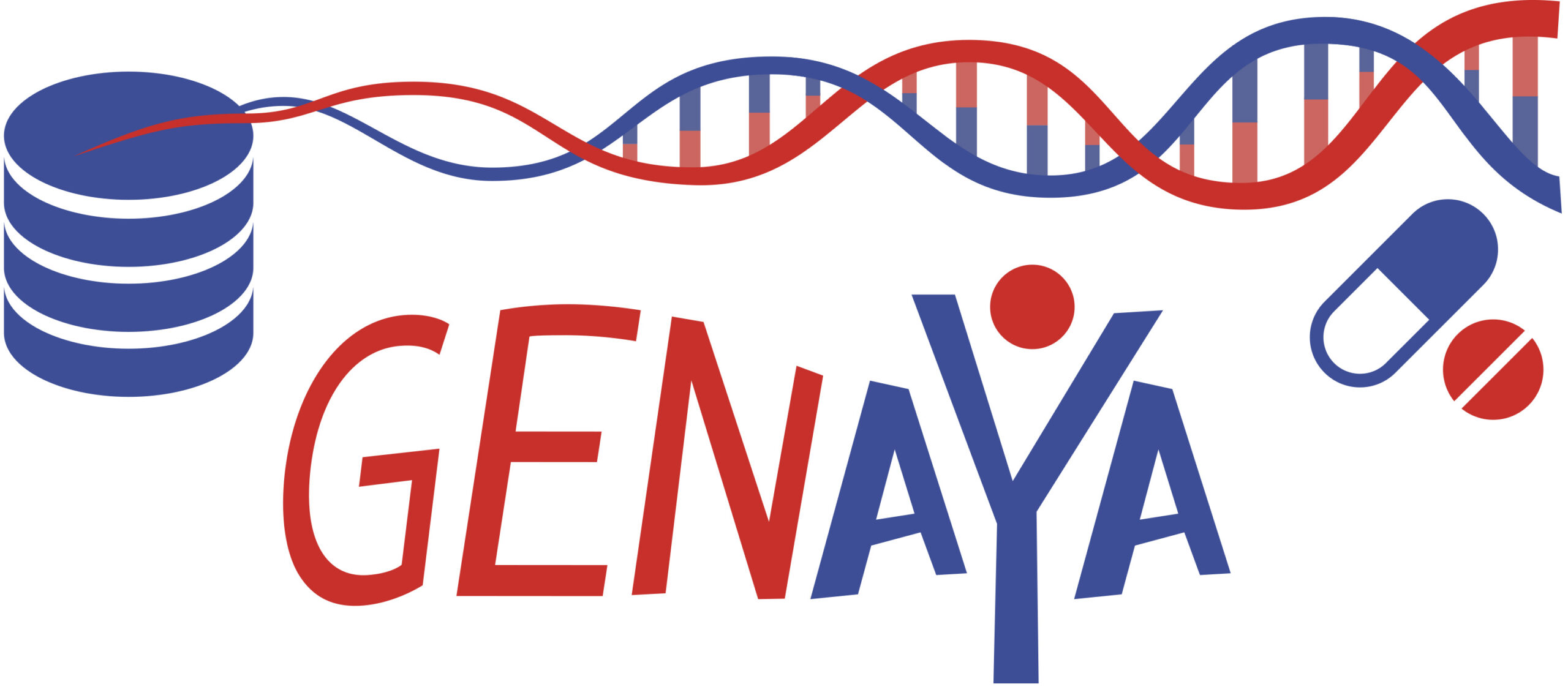
GENAYA
The GENAYA project uses the latest techniques to reveal the complete DNA of the tumors of 1,000 patients aged between 18 and 39. This allows treatments to be tailored to the specific tumor characteristics of each patient. The genetic information and treatment data are stored in the Hartwig Medical Database (with the patient’s consent) and made available for scientific research.
This age group is known as the AYAs: Adolescents and Young Adults. GENAYA stands for ‘A national database of GENome data of Adolescent and Young Adult cancers’. The project builds on the COMPRAYA infrastructure that is funded by the Dutch Cancer Society.
Partners: grants from the Dutch Cancer Society; in collaboration with the COMPRAYA consortium and academic medical centers
Project duration: 2022-2026
Number of patients: 1,000
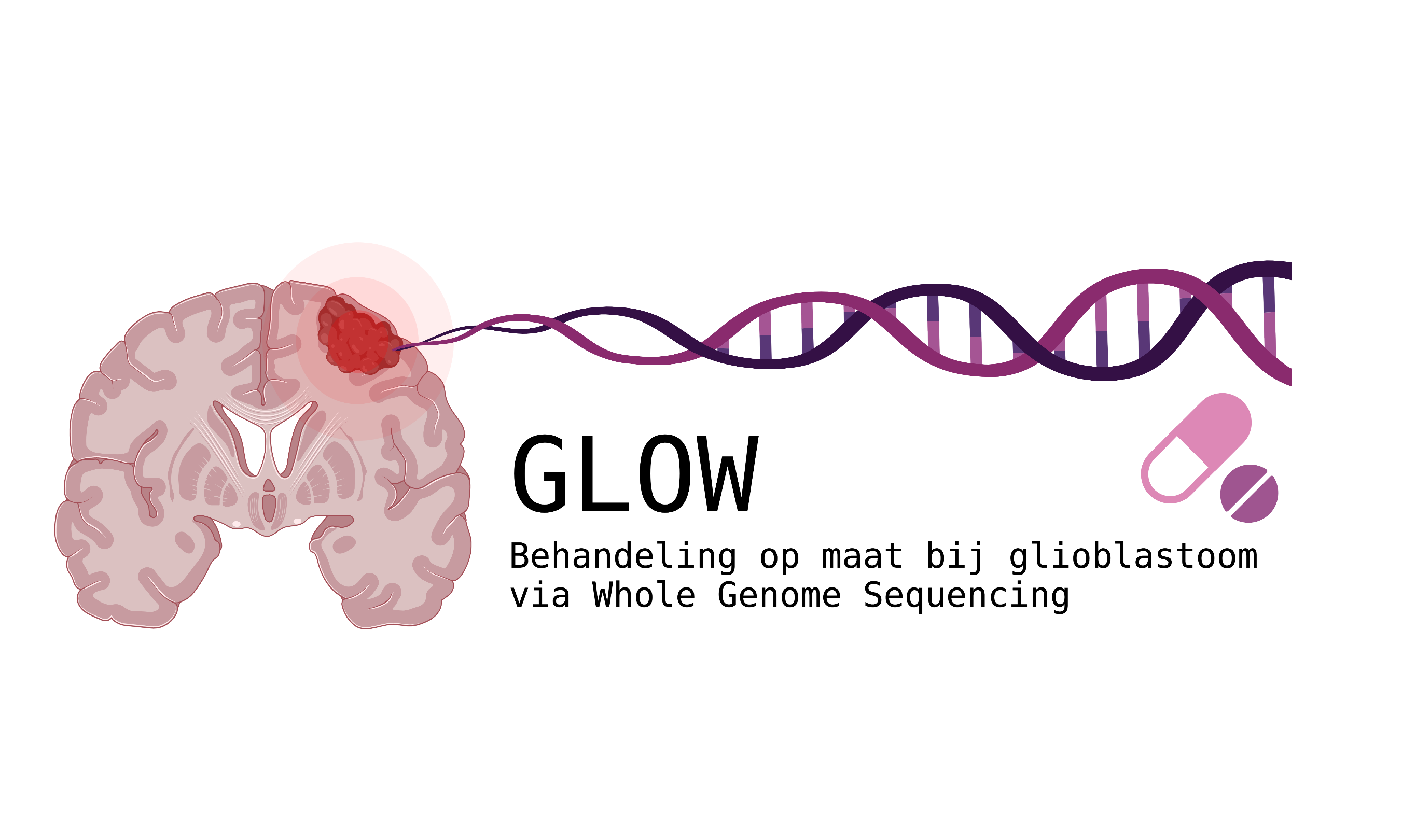
GLOW
GLOW stands for ‘GLioblastoma targeted treatment Option maximization by Whole genome sequencing’. This project is investigating how to expand treatment options for patients with recurrent glioblastomas using molecular diagnostic procedures as part of WGS.
Partners: Haaglanden Medisch Centrum, UMC Utrecht and almost all medical centers where patients with a glioblastoma are treated; grant provided by the Oncode Institute, via the Clinical Proof of Concept programme.
Project duration: 2022-2025
Number of patients: 235
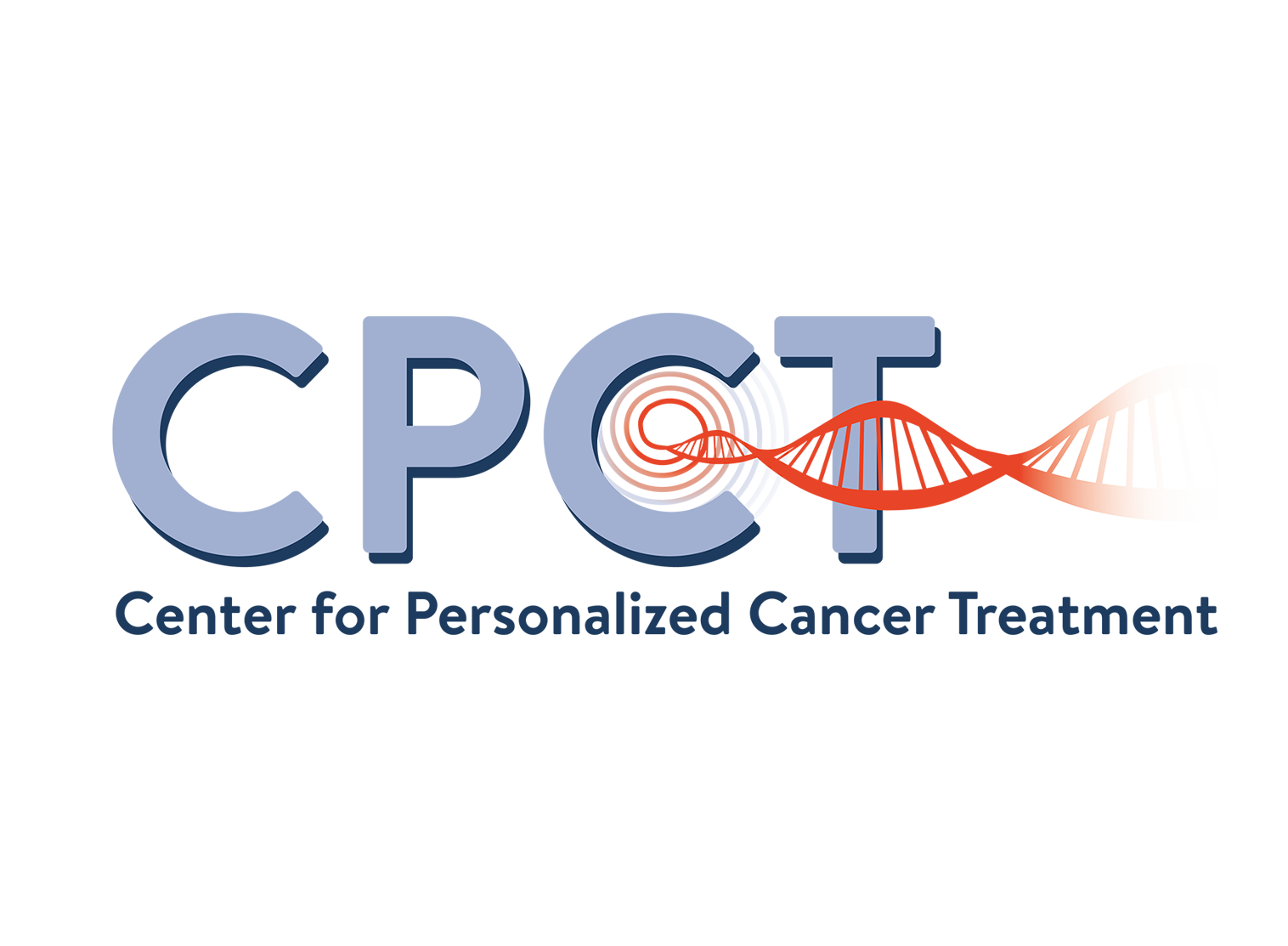
CPCT-02
The CPCT-02 study was established to demonstrate the value of tumor DNA sequencing for personalized cancer treatment. The aim is to build a database and identify biomarkers that could point to improvements in the treatment of patients with oncological disease. CPCT is the Center for Personalized Cancer Treatment.
In recent years, the CPCT-02 study has focused on building a database that is suitable for further research. Researchers are impressed by the scale and scope of this study.
This WGS database of tissues of metastatic tumors is the largest of its kind in the world.
Partners: CPCT, 43 participating hospitals
Number of patients: by late 2021, nearly 7,000 patients had participated in the CPCT-02 study, resulting in more than 4,700 biopsies on which Whole Genome Sequencing (WGS) reports have been based.
PEGASUS
PEGASUS is a subcohort of the CPCT-02 study. The acronym stands for ‘Pancreatic and EsophagoGastric cAncer: improving Survival and qUality of life through perSonalized medicine’.
In PEGASUS, researchers want to learn what the added value of WGS is for treatment decisions in pancreatic, esophageal and gastric cancer.
Pancreatic cancer is one of the deadliest forms of cancer: despite intensive treatment with chemotherapy and/or surgery, most patients die from the disease within one year.
The PEGASUS project is investigating whether molecular techniques (gene expression and next generation sequencing) The PEGASUS project is investigating whether molecular techniques (gene expression and next generation sequencing) could help predict which patients could benefit from such intensive treatment. It will enable us to spare patients adverse side effects with a predicted poor response. PEGASUS is also exploring the extent to which WGS-based diagnostic procedures could generate additional treatment options.
Partners: PEGASUS is part of the ZonMw Personalised Medicine research program and is coordinated by Amsterdam UMC.
Project duration: 2019 until March 2024
Number of patients: 125
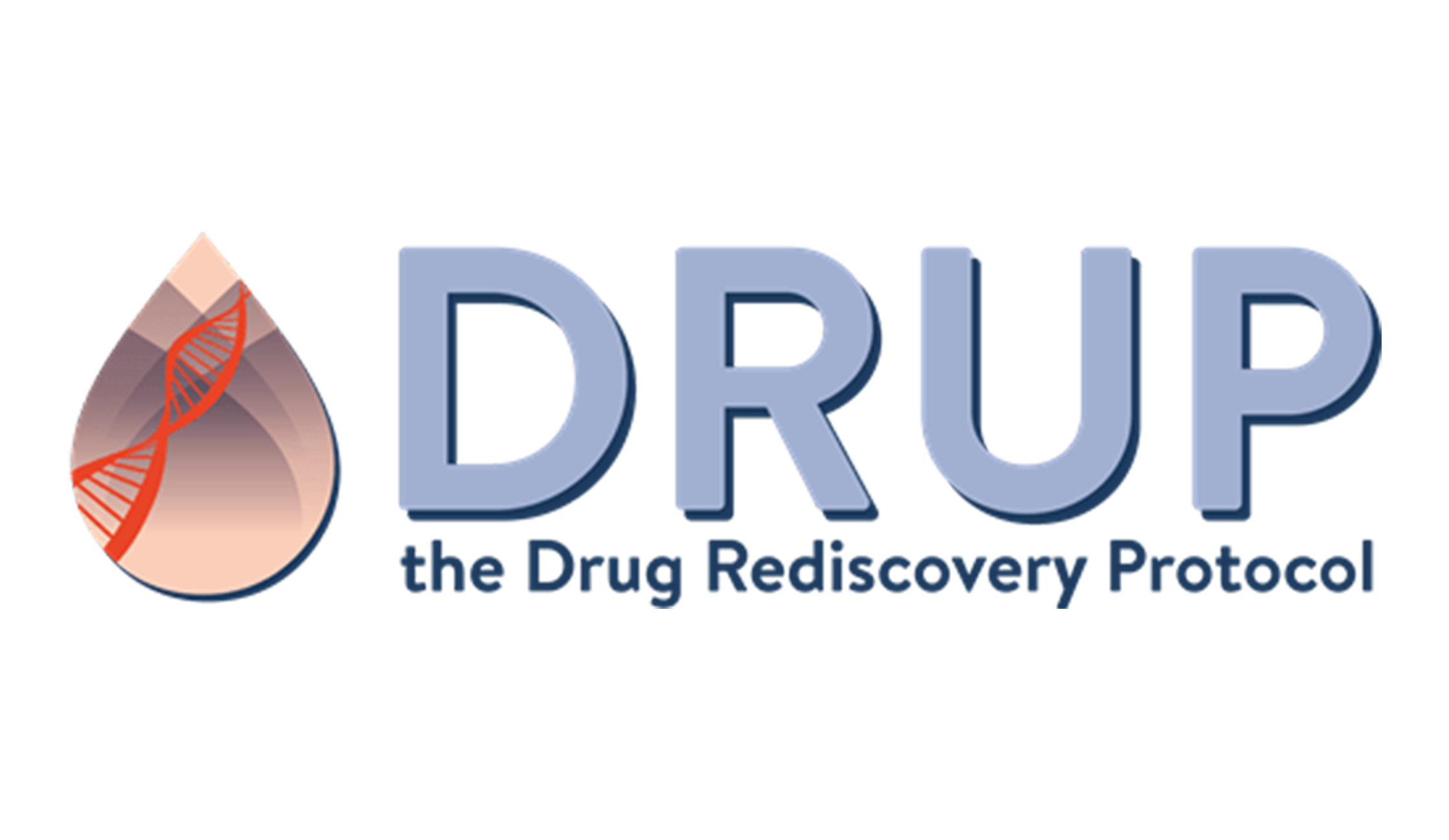
DRUP
The DRUP study (Drug Rediscovery Protocol) is a clinical trial for patients with advanced or metastatic cancer for whom no standard treatment is available. In the DRUP study, we are investigating whether a targeted therapy designed for other cancer types, but with the same cancer cell characteristics, could be effective for these patients. A survey revealed that one third of the patients treated in the DRUP study benefited from the drug they received as part of the trial.
Partners: NKI/AvL and 35 participating hospitals
Project duration: launched in 2016
Number of patients: 1.113 on January 1, 2022, still growing, dependent on subcohort studies.
GENONCO
The GENONCO project aims to optimize the access to and usability of Hartwig Medical Foundation’s data. The goal is to safely bring the researcher to the data without constantly having to duplicate large amounts of privacy-sensitive information. Thanks to this project, bioinformaticians will soon be able to access data for large-scale analyses through a secure cloud environment. In addition, the project will establish a secure link between the databases of the National Cancer Registry (NKR), PALGA and Hartwig.
Partners: IKNL, PALGA and BBMRI/Lygature; grant provided by the Dutch Cancer Society
Project duration: 2018 to end 2021
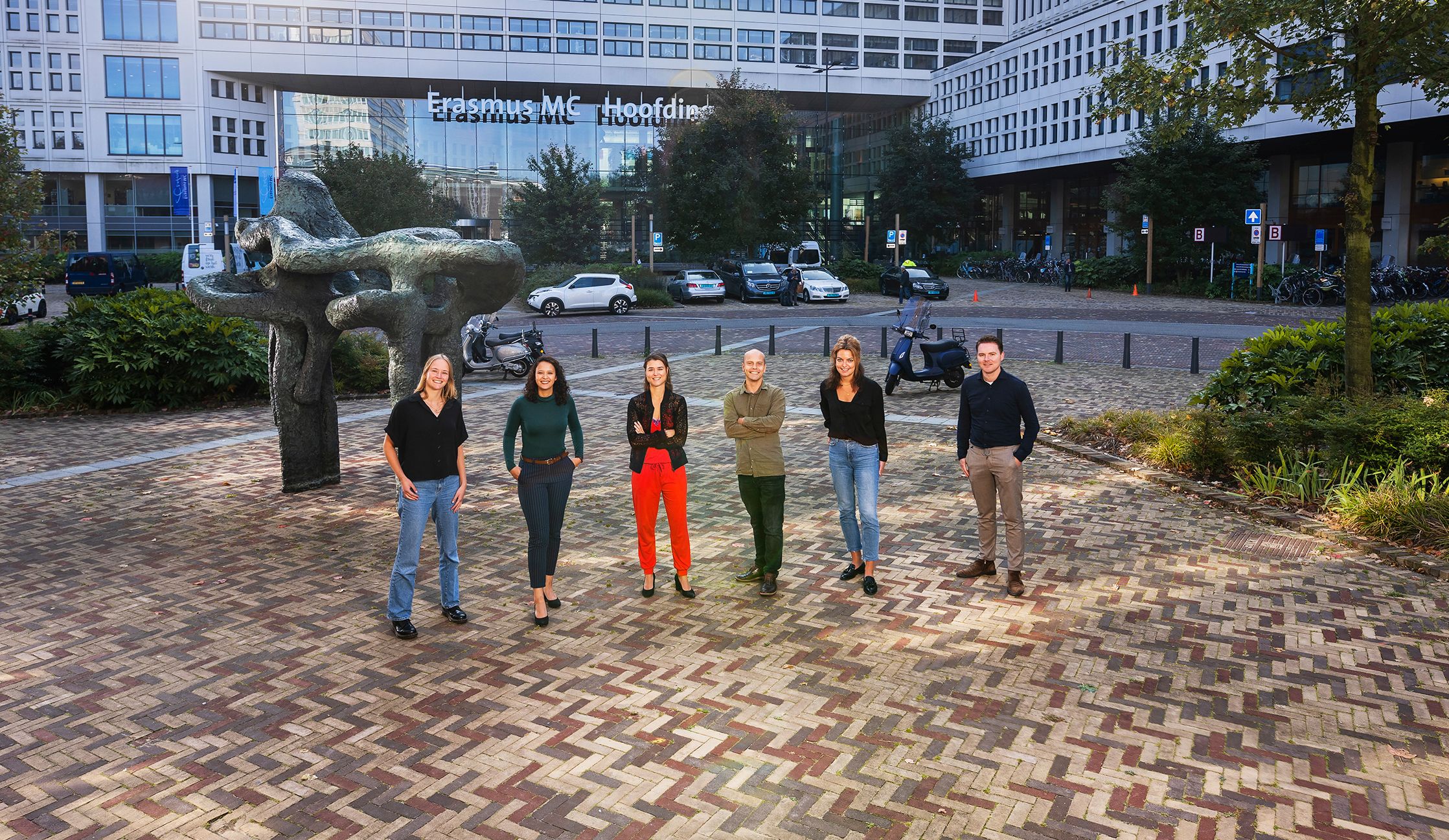
ACTIN
In ACTIN (Algorithmic Cancer Treatment Initiative), we are developing an algorithm to be able to automatically select treatment options for patients with metastatic cancer who are out standard of care options and are in good enough health condition to undergo treatment. The complete DNA test plays an important role in this process.
Partner: Erasmus MC
Project duration: launched in summer 2021, official end date not yet known
Number of patients: 150 per year
TAPESTRY
TAPESTRY is a feasibility and biomarker discovery study for the treatment of patients with esophageal cancer using chemoradiotherapy and Bintrafusp Alfa.
Partners: Amsterdam UMC; funded by TKI
Project duration: launch 2022
Number of patients: 55
OPTIC
OPTIC is the acronym for ‘Organoids to Predict Treatment response In mCRC’. The goal of this research project is to discover whether cultured tumor material (organoids) can be used to predict response to a particular treatment next to Whole genome sequencing.
Partner: this study was established by UMC Utrecht and Hubrecht Organoid Technology and is being conducted by physicians at several hospitals
Project duration: 2022-2023
Number of patients: 150
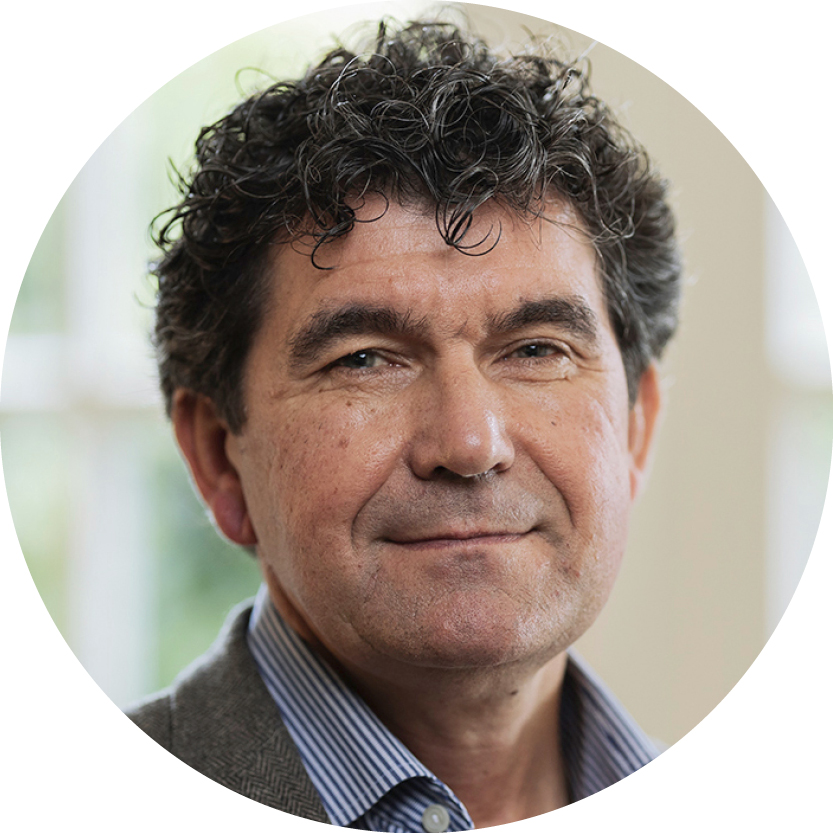
The complete DNA test is an important step toward treating forms of cancer that currently cannot be treated with targeted drugs.